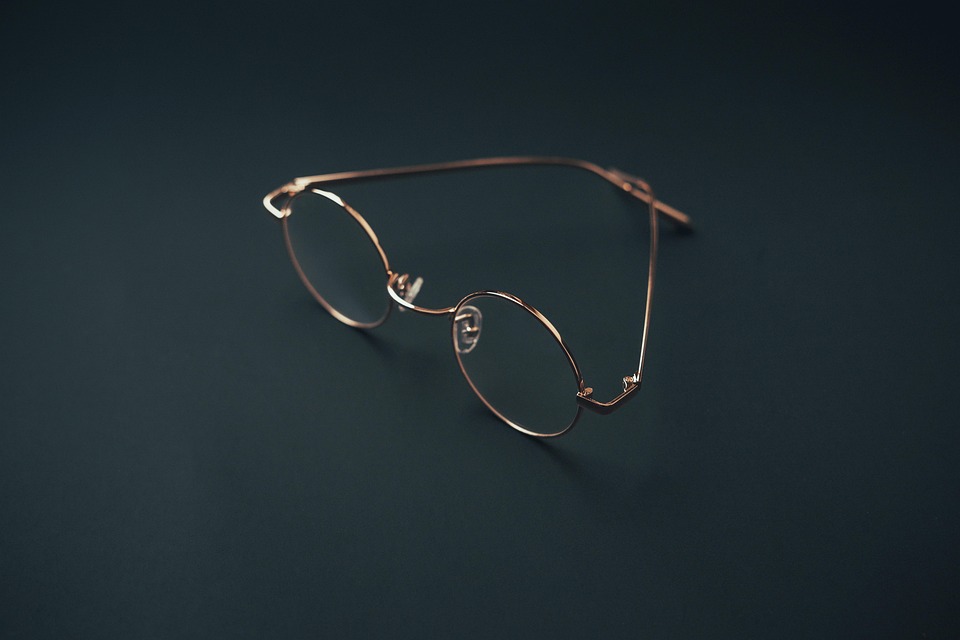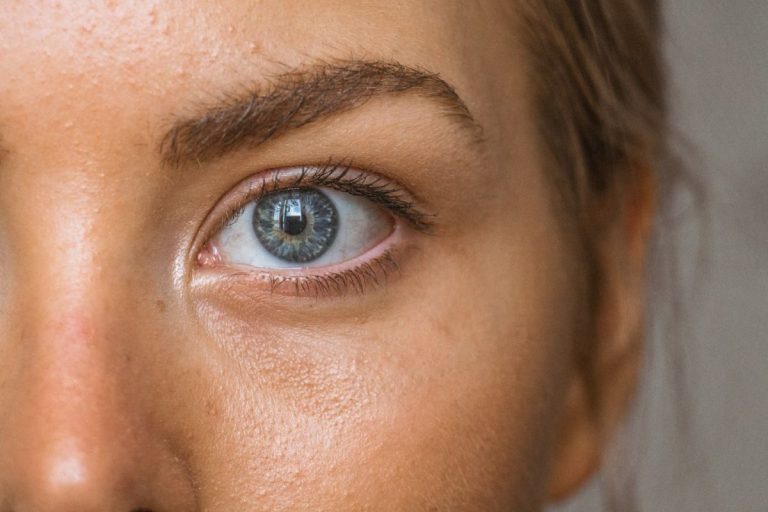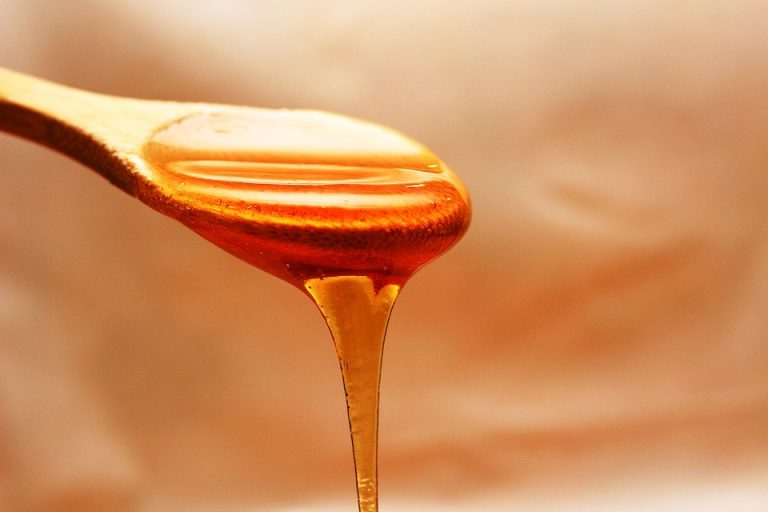10 Foods That Boost Your Vision Naturally
Did you know that nearly 2.2 billion people worldwide suffer from vision impairment? That’s a staggering statistic! While genetics and environmental factors play significant roles in eye health, what we eat can also have a profound impact. If you’re looking to give your peepers a boost, you might want to consider what’s on your plate. Let’s dive into ten foods that can help enhance your vision naturally.
1. Carrots
You’ve probably heard the old adage that “carrots are good for your eyes.” Well, there’s some truth to that! Carrots are packed with beta-carotene, a type of vitamin A that’s crucial for maintaining healthy vision. Vitamin A helps your eyes convert light into signals that the brain can interpret, essential for night vision.
Pros: Incorporating carrots into your diet can help prevent night blindness and may reduce the risk of age-related macular degeneration (AMD).
Caveats: While carrots are beneficial, they won’t miraculously improve your vision if you have existing eye conditions. Moderation is key; too much beta-carotene can lead to a condition called carotenemia, which can cause your skin to turn yellowish.
2. Leafy Greens
Spinach, kale, and other leafy greens are not just for salads; they’re also vision superheroes! These greens are rich in lutein and zeaxanthin, antioxidants that can help filter harmful blue light and reduce the risk of cataracts and AMD.
Pros: Regular consumption of leafy greens is linked to improved visual function and overall eye health.
Caveats: Cooking leafy greens can enhance the absorption of some nutrients, but overcooking can diminish their benefits. Aim for lightly steamed or sautéed options to maximize their health benefits.
3. Fatty Fish
If you’re a fan of sushi or grilled salmon, you’re in luck! Fatty fish like salmon, mackerel, and sardines are excellent sources of omega-3 fatty acids, which are essential for maintaining eye health.
Pros: Omega-3 fatty acids have been shown to reduce the risk of dry eyes and may help protect against AMD.
Caveats: While fatty fish are beneficial, it’s important to be mindful of mercury levels in fish. Opt for wild-caught varieties when possible and limit consumption of high-mercury fish.
4. Eggs
Eggs are not just a breakfast staple; they’re also packed with nutrients that promote eye health. They contain lutein, zeaxanthin, and vitamin A, making them a fantastic food for your eyes.
Pros: The combination of these nutrients can help reduce the risk of cataracts and AMD, plus they’re an easy addition to any meal.
Caveats: While eggs are nutritious, they do contain cholesterol. If you have cholesterol concerns, consult with your doctor about how many eggs you should consume.
5. Nuts and Seeds
Almonds, walnuts, and chia seeds are not only great for snacking but also offer a wealth of benefits for eye health. They contain vitamin E, an antioxidant that helps protect the eyes from oxidative stress.
Pros: Regular consumption of nuts and seeds may lower the risk of cataracts and AMD.
Caveats: Nuts and seeds are calorie-dense, so portion control is essential if you’re watching your weight.
6. Oranges and Citrus Fruits
Citrus fruits like oranges, lemons, and grapefruits are rich in vitamin C, another powerful antioxidant that plays a crucial role in eye health.
Pros: Vitamin C can help lower the risk of cataracts and AMD, and it also supports the health of blood vessels in the eyes.
Caveats: While vitamin C is beneficial, it’s best to consume it through whole fruits rather than supplements, which may not provide the same benefits.
7. Sweet Potatoes
Sweet potatoes are another excellent source of beta-carotene, making them a tasty way to support your vision. They also contain vitamin E and other antioxidants.
Pros: Sweet potatoes help maintain overall eye health and can be a delicious addition to your meals.
Caveats: Although sweet potatoes are healthier than regular potatoes, they can still be high in carbohydrates, so moderation is essential.
8. Blueberries
These tiny berries are not just delicious; they’re also packed with antioxidants that are beneficial for eye health. Blueberries contain vitamin C, vitamin E, and other compounds that may help reduce the risk of cataracts and AMD.
Pros: Their anti-inflammatory properties can also help reduce the risk of eye diseases.
Caveats: While blueberries are healthy, they can be expensive, especially if you choose organic. Frozen blueberries can be a cost-effective alternative.
9. Red Bell Peppers
Red bell peppers are not just colorful; they’re also loaded with nutrients. They contain high levels of vitamin C and beta-carotene, which are essential for maintaining eye health.
Pros: Incorporating red bell peppers into your diet can help bolster your immune system and promote healthy vision.
Caveats: Some people may find bell peppers hard to digest, causing bloating. If that’s the case for you, consider cooking them to make them easier on your stomach.
10. Beets
Beets are not only vibrant but also rich in antioxidants and vitamins that can help support eye health. They contain nutrients like lutein and zeaxanthin, which are beneficial for vision.
Pros: Beets can also improve blood flow, which is essential for maintaining healthy eyes.
Caveats: Beets can be high in sugar, so if you’re watching your sugar intake, enjoy them in moderation.
FAQs
1. Can eating these foods really improve my vision?
While these foods can support eye health and may reduce the risk of certain eye conditions, they can’t correct vision problems like myopia or hyperopia.
2. How often should I consume these foods?
Incorporating a variety of these foods into your diet several times a week can be beneficial. Aim for balance and diversity to reap the maximum benefits.
3. Are supplements a good alternative?
While supplements can help, it’s best to get your nutrients from whole foods whenever possible. Whole foods provide a complex mixture of nutrients that supplements often lack.
4. What other lifestyle changes can I make for better vision?
In addition to a healthy diet, consider protecting your eyes from UV light, taking regular breaks from screens, and getting regular eye check-ups.
Conclusion
It’s clear that the foods we eat can play a significant role in our eye health. By incorporating these ten vision-boosting foods into your diet, you can help protect your eyes and maintain good vision as you age. Remember, a balanced diet paired with a healthy lifestyle can go a long way in supporting not only your eyes but your overall well-being.
Let’s be real: while these foods can help, they’re not a magic fix. Maintaining a holistic approach to health is essential. So, why not whip up a colorful salad with leafy greens, bell peppers, and a handful of nuts for a delicious way to support your vision? Your eyes will thank you!
Disclaimer: This article is for educational purposes only and is not a substitute for professional medical advice. Always consult a qualified healthcare provider before making changes to your health routine.
References
-
Mozaffarieh, M., & Khamar, G. (2018). Nutritional factors and age-related macular degeneration: A review. Journal of Nutritional Biochemistry, 57, 1-10. https://doi.org/10.1016/j.jnutbio.2018.01.005
-
Harvard Health Publishing. (n.d.). Eye health: Foods for better vision. Retrieved from https://www.health.harvard.edu/staying-healthy/eye-health-foods-for-better-vision
-
Mayo Clinic Staff. (2021). Eye health: What to eat for healthy vision. Retrieved from https://www.mayoclinic.org/healthy-lifestyle/nutrition-and-healthy-eating/in-depth/eye-health/art-20449484
Get Your FREE Natural Health Guide!
Subscribe now and receive our exclusive ebook packed with natural health tips, practical wellness advice, and easy lifestyle changes, delivered straight to your inbox.




